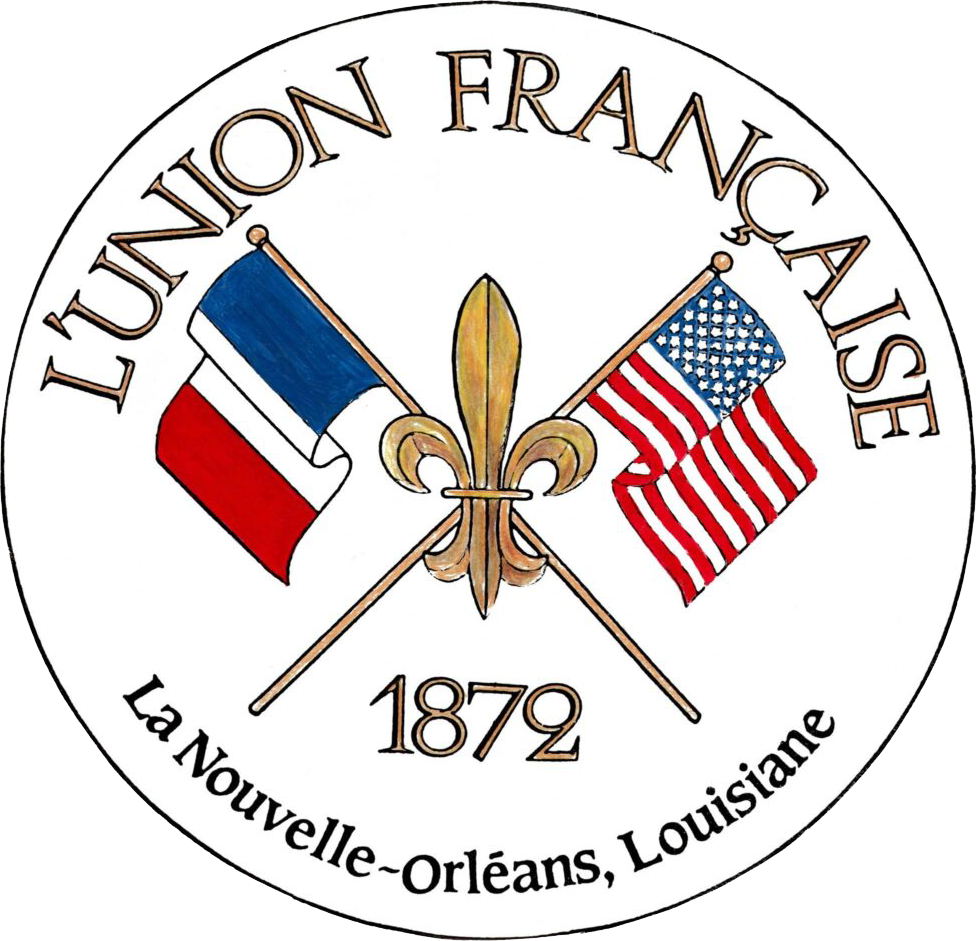
Louisiana French Through Film
Louisiana French Through Film
This workshop of 6 sessions (in partnership with the Nous Foundation) focuses on Louisiana's Cajun culture and language through the films of Glen Pitre, Les Blank, and others.
Glen Anthony Pitre (born November 10, 1955) is an American screenwriter and film director. He has written nine films since 1986. His debut film Belizaire the Cajun was screened in the Un Certain Regard section at the 1986 Cannes Film Festival. He was born in Cut Off in Lafourche Parish, Louisiana. In his film Belizaire the Cajun, his father, Loulan Pitre, Sr. played a role.
Les Blank (November 27, 1935 – April 7, 2013) was an American documentary filmmaker best known for his portraits of American traditional musicians.
Class meets Monday nights (see dates below) at 5:30 p.m. at the Historic BK House (1113 Chartres Street). Students will watch the films at home and discuss in class.
Offered in conjunction with the Nous Foundation.
Dates of class: October 7, October 14, October 21, October 28, November 4, and November 11.
Class is for those with a B1 level or above in French.
Fee: $110 for the full series.
For more information, please contact Manon Bellet at info@lunionfrancaise.org
See below for list of films.
Lundi, le 7 octobre
La fièvre jaune (1978)
Directed by Glen Anthony Pitre. It is 1897 and Louisiana is plagued by a devastating epidemic of yellow fever. Families are being separated and quarantined. Will their loved ones survive? This was the same question people asked themselves throughout America during the Covid-19 pandemic. Glen used an all-Cajun cast — mostly non-professionals — to make this memorable dramatic film.
Lundi, le 14 octobre
Belizaire the Cajun (1986)
Film directed by Glen Pitre and starring Armand Assante. It was screened in the Un Certain Regard section at the 1986 Cannes Film Festival. It chronicles the story of Belizaire Breaux, a village healer (traiteur) in Acadiana in 1859, who becomes entangled in a violent conflict between Cajuns and the new Anglophone arrivals to Southwest Louisiana
Lundi, le 21 octobre
Huite piastres et demie ($8.50 a Barrel) (1981)
During the Great Depression, shrimp prices spiraled down. Fishermen began to organize, families chose sides, and violence erupted. The Cajun cast recreates the tumultuous Shrimp War of 1938 in this thrilling film. Though made on a tiny scale, its verisimilitude recalls Victor Fleming’s dramatic 1937 film, Captains Courageous
Lundi, le 28 octobre
Hot Pepper (1973)
This film is a thrilling musical portrait of Zydeco King Clifton Chenier, who combines the pulsating rhythms of Cajun dance music, African overtones, and bluesy R&B into an irresistible melange mixed up in the sweaty juke joints of South Louisiana.
Lundi, le 4 novembre
Always for Pleasure (1978)
Documentary film by Les Blank about social traditions in New Orleans, Louisiana. The film has footage of musical events, Mardi Gras Indians, a "jazz funeral" with traditional music, various second-line parades and cooking and eating of red beans and rice and a crawfish boil. Events filmed include New Orleans Mardi Gras and St. Patrick's Day 1977. Local musicians perform and are interviewed, including Kid Thomas Valentine, Allen Toussaint, Danny Barker, Blue Lu Barker, Irma Thomas, the Neville Brothers and Professor Longhair. The film profiles predominantly white second-line organizations whereas many other documentaries have falsely portrayed these traditions as the domain of mostly black groups.[citation needed] The film subtitles a Creole song as "Hey Legba" although its title phrase is actually "Eh là-bas", a formerly common Louisiana Creole greeting roughly translated as "Hey you over there." However, in New Orleans, Legba was often referred to as "Papa La Bas", and some scholars such as Henry Louis Gates, believe that "Eh La Bas" is a covert reference to Legba.
Lundi, le 11 novembre
Spend it All (1971)
A rich portrayal of the lives and music of the French-speaking Cajuns of Louisiana, featuring the Balfa Brothers, Marc Savoy and Nathan Abshire.
Évangéline (2024)
Évangéline is a Columbia University MFA short film written and directed by Cory St. Ewart and produced in association with the Nous Foundation. In 1940s Louisiana, a young Cajun girl with a passion for the swamp and singing defies her father’s prohibition on exploring the wild, only to forge a sinister and mystical bond with a Rougarou. Presented in Louisiana French, Évangéline is a captivating Southern Gothic narrative revisiting with talent Louisiana’s folktales.







